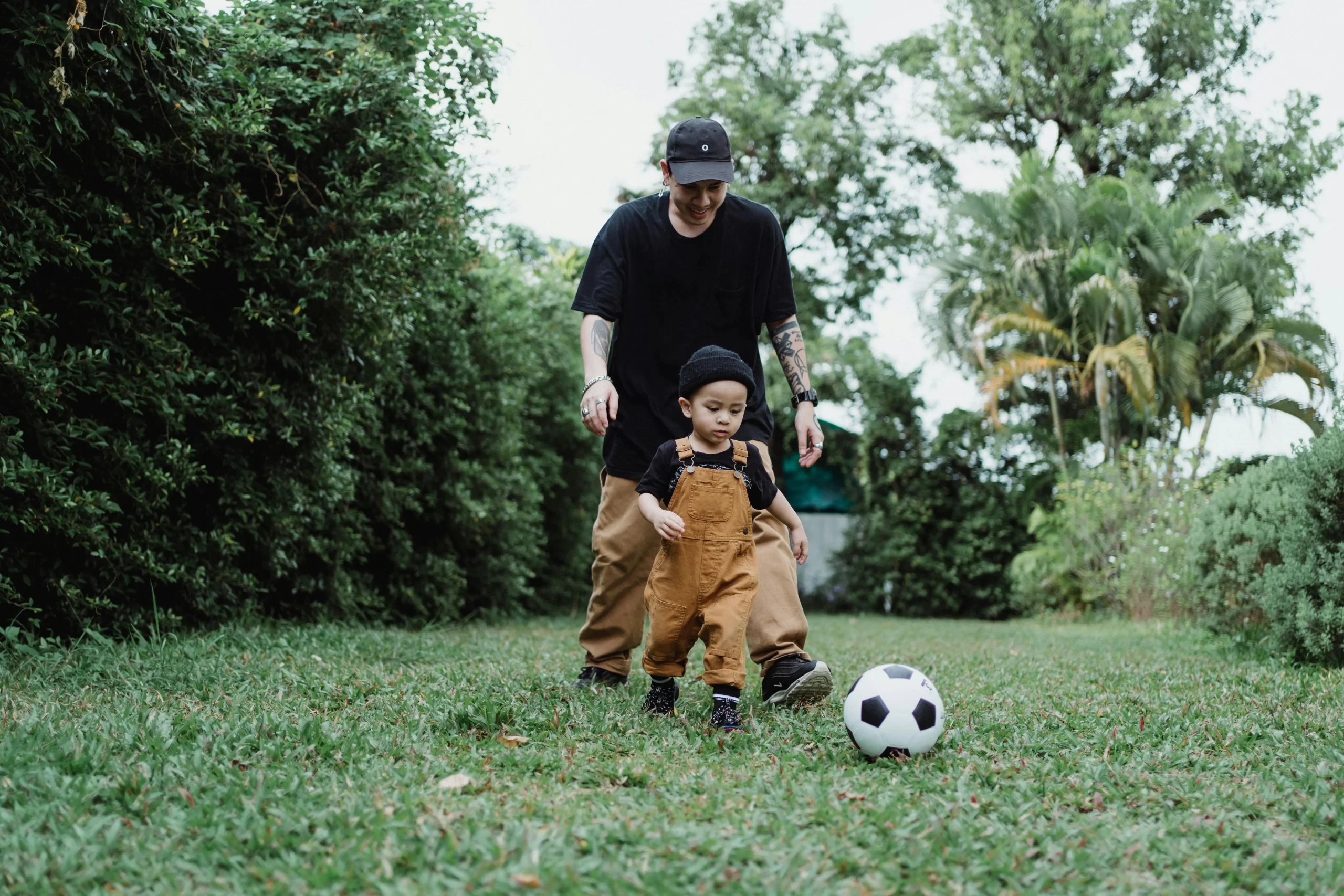Why Parental Support Is Crucial For Athlete Growth And Performance
As a parent of an athlete, you occupy a unique and vital position in your child’s sporting journey. The influence you wield can shape their experiences, motivations, and even performance on the field or court. Yet, understanding your role can sometimes be complicated. Balancing between support and giving space is tricky, and getting it wrong can lead to misunderstandings or conflicts. But don’t worry! I’m here to guide you on how to support your child effectively. By being your athlete’s biggest cheerleader and fostering a healthy sports environment, you can enhance their experience and ensure they thrive. Let’s explore how your involvement can benefit your young athlete.
1. Recognizing the Importance of Your Role
As a parent, your support is paramount. Research shows that children who feel encouraged by their parents tend to perform better and enjoy their sports more. By acknowledging your influence, you can make a conscious decision to actively contribute positively to your child’s experience.
Tips for Recognizing Your Role:
- Be Present: Attend games and practices, showing your commitment.
- Listen: Regularly ask your child how they feel about their sport. Your active listening helps them feel valued.
Understanding that your encouragement can build confidence is the first step toward enhancing your child’s athletic journey.
2. Supporting Your Child’s Interests
Every child has their own relationship with sports. As a parent, your task is to listen rather than dictate. Encourage them to choose sports they’re interested in rather than pushing them toward your own favorites. Take note of their preferences and enthusiasm, and engage in conversations about their goals and dreams.
Steps for Supporting Your Child:
- Engage in Conversations: Ask open-ended questions about what they enjoy most.
- Attend Events: Join them in watching or participating in their favorite sports, enhancing your understanding and connection.
- Encourage Friendships: Foster relationships with their teammates, as support is essential.
When your child feels they have your support in pursuing their passions, it fosters a sense of autonomy, which is crucial for their development.
3. Striking a Balance: Involvement vs. Overbearing
It’s natural to want to provide guidance or offer advice. However, there’s a fine line between being involved and being overbearing. Over-involvement can lead to burnout and resentment toward the sport. Your goal should be to nurture, not control.
Best Practices for Involvement:
- Set Boundaries: Discuss the level of involvement your child desires. Respect their wishes.
- Focus on the Process, Not Just Winning: Praise efforts, skills, and sportsmanship rather than just the end result.
- Create a Positive Environment: Support their teammates as well; this builds a sense of community and teamwork.
Striking this balance enhances their overall enjoyment and commitment to their sport.
4. Communicating Effectively with Coaches
Developing a relationship with your child’s coaches can be incredibly beneficial. You’ll gain insights into their coaching philosophy and how best to support your child. Open and transparent communication can ease conflicts and enhance your child’s experience.
Steps for Effective Communication:
- Reach Out: Introduce yourself to the coach. A simple hello can pave the way for future discussions.
- Schedule Conversations: Rather than approaching after a game, which can be emotional, schedule a time to discuss your concerns.
- Collaborate: Work with the coach to reinforce skills at home or understand the rationale behind their coaching decisions.
Being proactive helps create a collaborative environment beneficial for your child’s development.
5. Handling Pressure and Expectations
As our children participate in competitive sports, the pressure to excel can mount. It’s crucial to manage your own expectations and those of your child. Let them know it’s okay to make mistakes—this is part of learning and growing.
Tips for Managing Pressure:
- Communicate: Discuss feelings related to competition openly. Encourage them to express their fears without judgment.
- Promote Resilience: Teach them to view setbacks as opportunities for growth rather than failures.
- Be a Role Model: Exhibit healthy responses to pressure, as your child will learn from your behavior.
Supporting your child through challenging moments can foster resilience, making them more equipped to handle competitive sports.
6. Celebrating Achievements
Every athlete thrives on acknowledgment. Ensure you celebrate your child’s achievements, however big or small. Recognition reinforces their love for the sport and motivates them to continue pushing themselves.
Ways to Celebrate:
- Post-Game Celebrations: Treat them to their favorite meal or activity after games, win or lose.
- Create a Highlight Reel: Compile videos or pictures from their games and present them as a keepsake.
- Verbal Praise: Consistently affirm their efforts, skills, and dedication to both the sport and their personal growth.
Emphasizing their accomplishments builds a positive mindset and encourages continued participation in the sport.
Conclusion: Be Your Child’s Biggest Cheerleader
Wrapping this all together, your role as a parent in your child’s sports journey is crucial. Embrace the responsibility to be a positive influence, provide balanced support, and foster effective communication. Remember, it’s about more than just the game—it’s about developing resilience, self-esteem, and a love for the sport.
Encourage your child to pursue their passion and help them navigate both triumphs and challenges. I invite you to reflect on your involvement today. Are you the cheerleader they need? Take action now—connect with your child, engage in open conversations, and champion their dreams. Together, you can make their sporting journey a memorable one.




